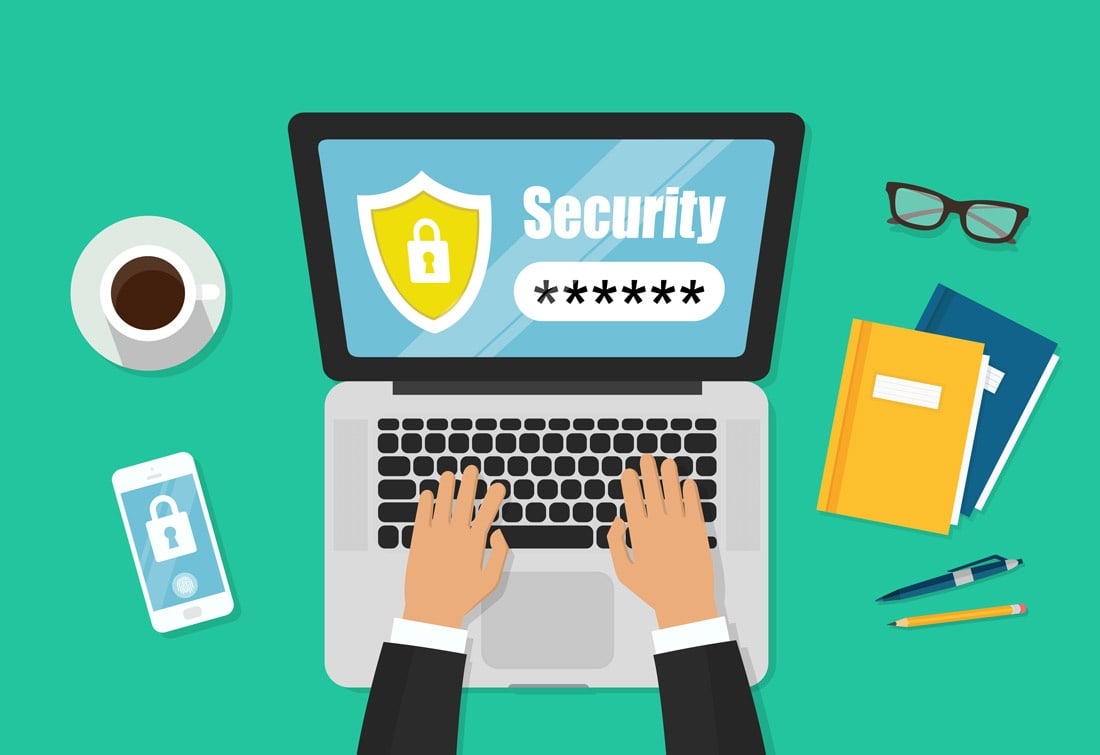Website security is an essential part of every website. Whether you want to protect your website from hackers, or just want to make sure that it stays online without any downtime, there are many things you can do to secure your website.
If you have a speaker website, you must be keen to know the website security and maintenance for speaker websites. Here’s all you need to know:
What Does Website Security Mean?
Website security is the practice of protecting a website from unauthorized access, use, or alteration. It encompasses measures taken to protect the website and its users from attacks by hackers, adversaries, or other malicious actors.

Image Source : Google
1. Have a Secure Server Architecture
One of the most important steps you can take to protect your site is to have a secure server architecture. This means that your server is protected against unauthorized access and attack.
2. Use SSL Certificates
SSL certificates are one of the best ways to protect your site against attack.
What Should I Do in the Event of an Attack?
Website security is an important part of online safety. Unfortunately, website attacks are on the rise, so it's essential that website owners take steps to protect their sites. Here are some tips for website owners:
1. Use a secure server: A secure server uses a variety of security measures, such as firewalls and login authentication, to protect your site from attack.
2. Harden your site against attack: Securing your site against attack includes protecting against viruses and other malware, ensuring that all links are properly verified, and using strong passwords.
3. Keep your site up-to-date: Updating your site's software and security settings is essential to protect against attack. Make sure to keep your browser plugins updated as well.
4. Be aware of phishing attacks: Phishing attacks try to steal users' personal information by posing legitimate websites or email messages. Be familiar with common phishing schemes and avoid clicking on links in unsolicited emails.